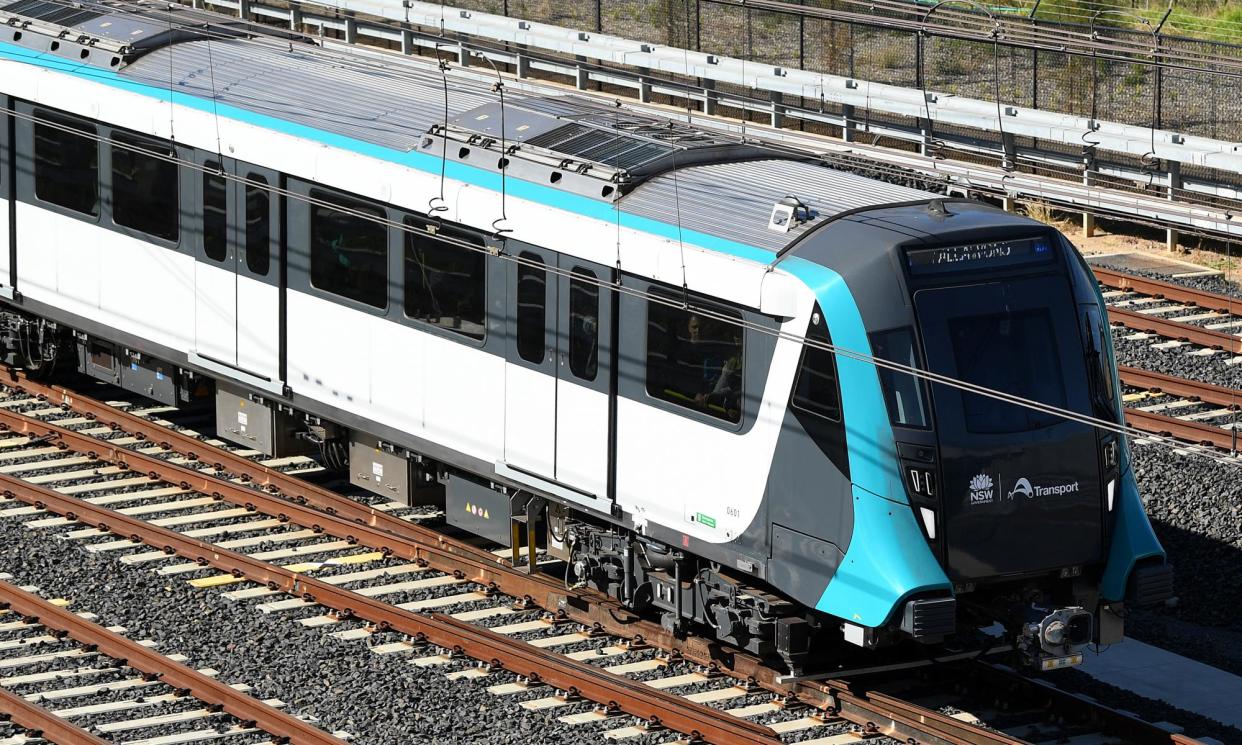Rosehill racecourse could be turned into 25,000 homes in Metro West revamp

Sydney’s west will gain up to two new metro stations and Rosehill racecourse could become the site for tens of thousands of homes, as the state both expands the scope and delays the delivery of the Metro West project.
The Minns government announced the keystone housing and infrastructure strategy after elements of the scheme, including a multi-part plan to rezone land around dozens of stations across the city, were leaked earlier in the week.
A key rail project for the state, the Metro West will be delayed until 2032 and expanded as part of the changes, with the government exploring the feasibility of adding two new stations along the line, including at Rosehill.
The government has signed a memorandum of understanding with the Australian Turf Club (ATC) after being approached about turning the Rosehill Gardens Racecourse into up to 25,000 homes and a school, with an accompanying station.
The deal would see the club retain ownership of the site until it was developed and a horse facility would be built at Horsley Park for the up to 400 animals that would need to be relocated, as well as developing Warwick Farm Racecourse into a “new world-class track”.
The premier, Chris Minns, said the idea was a “once-in-a-generation opportunity” to deal with the state’s chronic housing crisis.
“The ATC sees this as a chance to secure the future of racing in NSW,” he said.
“The government sees this as an opportunity to put its money where its mouth is and build more housing, close to transport links, with plenty of green space for new families.
“This is exactly the type of proposal my government has been talking about over the last six months.”
The announcement comes a week after the government was forced to scrap its plans to extend the Racing NSW chair Russell Balding’s term for another two years. At the time, Minns said Racing NSW was dealing with “many complex negotiations”.
The government’s plan addresses concerns it had flagged about a 7km gap between stations in the initial design of the line between Olympic Park and Parramatta, as it justifies proceeding with the costly project by maximising potential for infill housing along its route.
The government has also asked Sydney Metro to conduct a rapid assessment to boost bus connections to its stations on all lines to broaden who can access the transport mode.
By pushing back its promised delivery by two years, the government said the “more sustainable timeline” would mean “taxpayers will not be paying a premium” due to the significant nationwide infrastructure pipeline currently inflating the costs of construction.
Metro West was announced by the previous Coalition government as a 24km rail line that would move up to 40,000 people an hour in each direction from the newly built Hunter Street station in the CBD through Parramatta and Olympic Park to Westmead, and has been touted as a way to alleviate pressure on the existing western line of the city’s train network.
After coming to power in March, Minns ordered a review into the state’s Metro projects, citing concerns of a projected $25bn price tag for the Metro West line – an overrun of $17bn on its initial budget.
In addition to raising the idea of extra stations west of Olympic Park, the review into the state’s Metro agenda released an interim report in August that also flagged extending the line eastwards beyond the CBD, generating calls for additional stations in Zetland and the Entertainment Quarter in Moore Park.
While the government has not released the final Metro review in its entirety, on Wednesday it noted the findings included ensuring the western line’s design and construction plans do not preclude additional stations being added in the future.
The government said it also called for “property and placemaking” strategies to maximise housing across all existing Metro lines in the city’s north, city and south-west.
On Tuesday, the state’s planning department accidentally revealed the government planned to rezone land around train stations across Sydney to boost density.
The planning minister, Paul Scully, said it was of critical importance that there were affordable homes available for essential workers near where they worked.
“We can’t continue to turn our back on the next generation of young people who are undoubtedly being hit hardest by the housing crisis,” he said.

 Yahoo News
Yahoo News 
